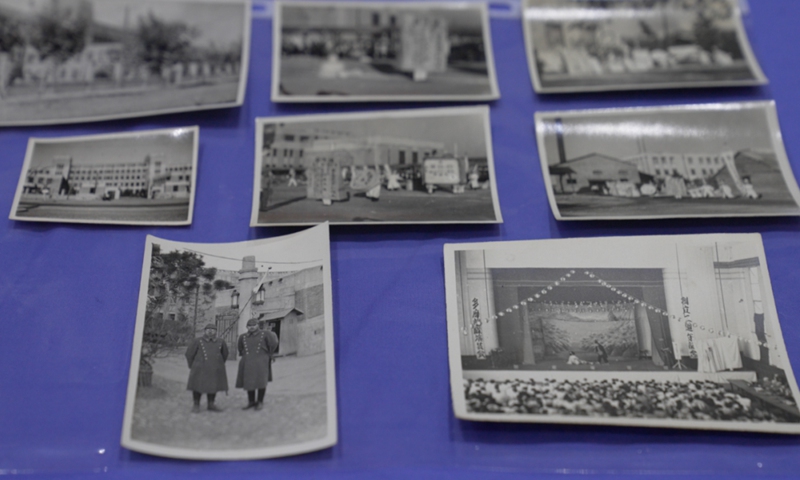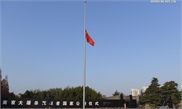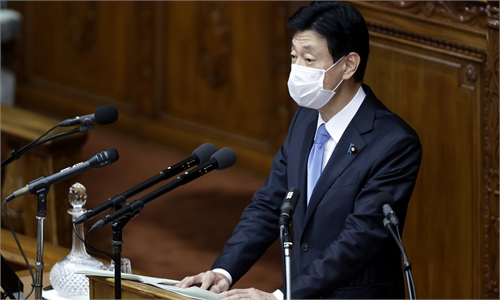Nanjing Massacre museum adds new collection as evidence of 'comfort women' and germ experiments on human beings by Japanese army

Photos of the Japanese army's Unit 1644, which was as notorious as Unit 731 and committed heinous crimes of performing germ experiments on human beings in China Photo: Xinhua
A new batch of 453 historical materials was added to a Chinese memorial hall collection on Wednesday as new evidence of war crimes related to the Nanjing Massacre in 1937 perpetrated by the Japanese army during the War of Resistance Against Japanese Aggression (1931-45).
Experts decided after identification that the items collected as of the end of November - including photos and war logs that contain important historical data and research values - are expected to further confirm the atrocities of the Japanese invasion of China and broaden the research field and deepen the understanding of the nature of Japanese militarism and aggression, according to the Memorial Hall of the Victims in Nanjing Massacre by Japanese Invaders, which held a press conference about the new items on Wednesday.
Among the 453 items, 51 - including evidence of "comfort stations," biological weapons and the militaristic education of Nanjing children by the Japanese army - were collected by Satoshi Daito, the abbot of Enkoji Temple in Aichi Prefecture, Japan, who has been collecting historical materials on the war since 2005.
On December 13, 1937, Japanese troops captured Nanjing and slaughtered more than 300,000 Chinese civilians and unarmed soldiers in the following six weeks, one of the most barbaric episodes of World War II, known as the Nanjing Massacre.
One of the items - the original diary of Japanese soldier Jun Arai - recorded in detail the setting up of "comfort stations" in Nanjing and serves as the earliest record of the Japanese army opening a comfort station in Nanjing after the "comfort women" system was officially established.
According to Meng Guoxiang, a professor at Nanjing Medical University and an expert on the history of Japanese aggression against China, the "comfort women" system was a large-scale sexual and violent crime committed by the Japanese army as well as an institutional act of the then Japanese government, which trampled on humanity and desecrated civilization.
"Comfort women" were females who were forced into sexual slavery by the Japanese military during WWII.
However, the Japanese right-wing forces have strongly denied it, and some Japanese politicians have shown vague and perfunctory attitudes on this issue, Meng said at the press briefing, adding that the diary and other historical materials found are the most powerful counterattack.
The knowledge of the "comfort station" has mainly relied on the memories of the victims, some Japanese archives, and the results of Japanese researchers, while the specific time of its establishment and its operational details recorded in the diary will be beneficial to promote research on the Japanese army's "comfort women" system in Nanjing, Meng said.
Daito also helped the museum collect more than 60 photos of the Japanese army's Unit 1644, which was as notorious as Unit 731 and committed heinous crimes of performing germ experiments on human beings in China, Meng said.
Daito also collected the drama cards of education for children that depicted the scenes of battlefields on one side and scripts on the other side, which serve as strong evidence that the then Japanese government promoted militarism education among Chinese children.
Since its establishment in the 1980s, the memorial hall has collected precious cultural relics of 6,318 items in 1,216 sets, including first-degree cultural relics of 384 items in 166 sets.
Global Times


